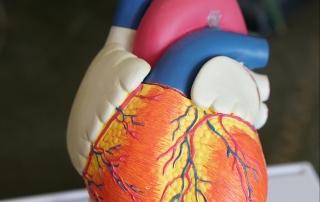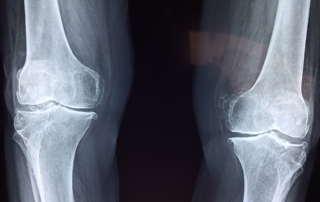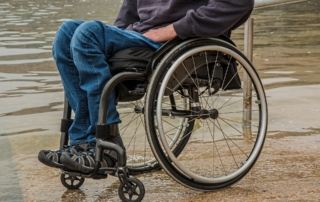About Neil Good
Neil H. Good understands how overwhelming and confusing it can be to apply for Social Security Disability (SSD) benefits. However, for someone who’s been injured, it’s critical to work with an attorney who understands the application process. That’s why Neil has dedicated his career to making the process as simple as possible for disabled and ill clients across the county. With more than 30 years of experience and over 4,000 satisfied clients, Neil is committed to learning about you and your specific case so you can get the benefits you need. Neil regularly speaks at the National Organization of Social Security Claims Representatives conference on the importance of cross-examining medical experts. He also speaks on topics related to Social Security Disability benefits and Supplemental Security Income to hospital support groups, health groups, township services organizations, social services organizations, community groups, and more.











